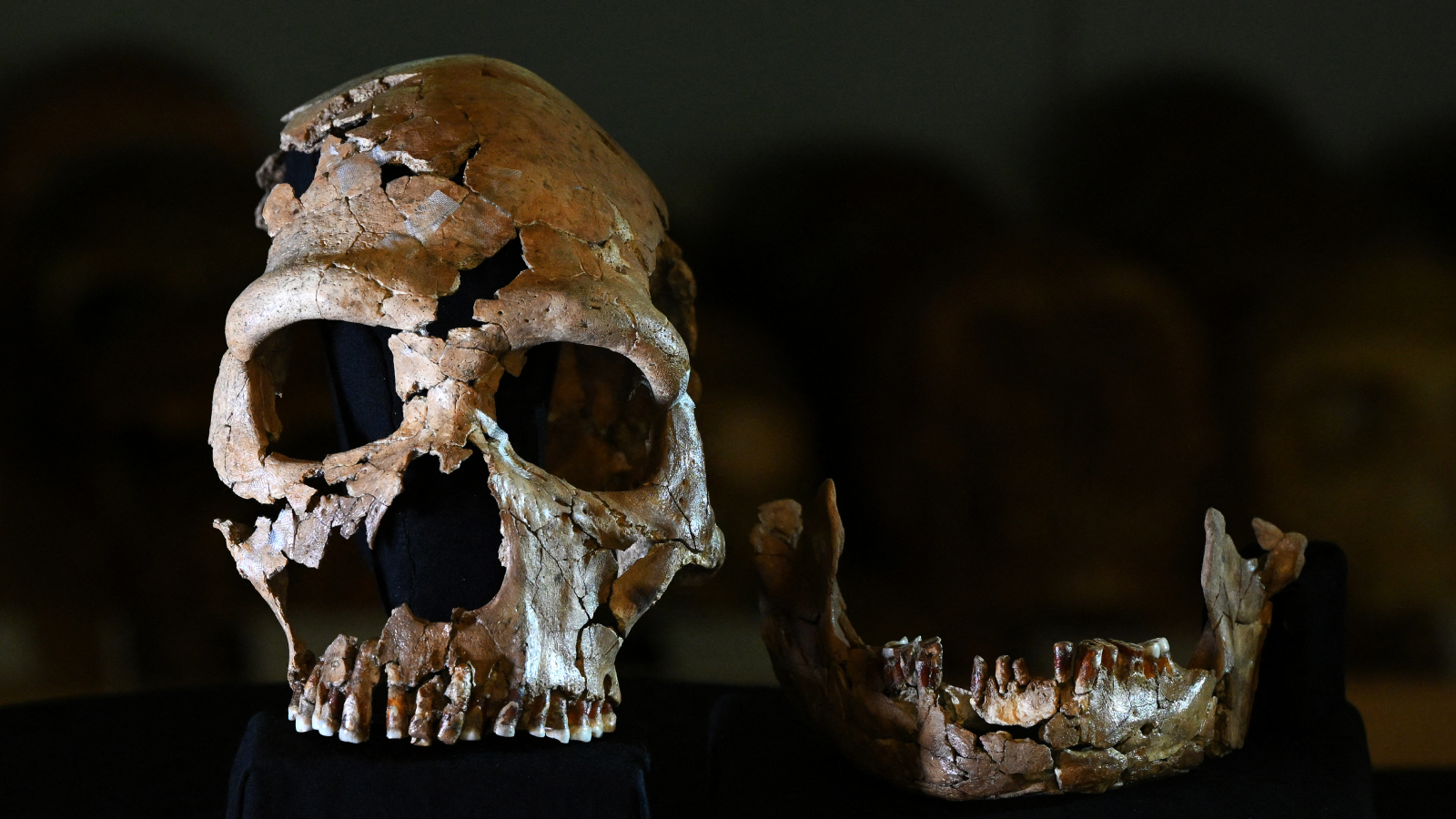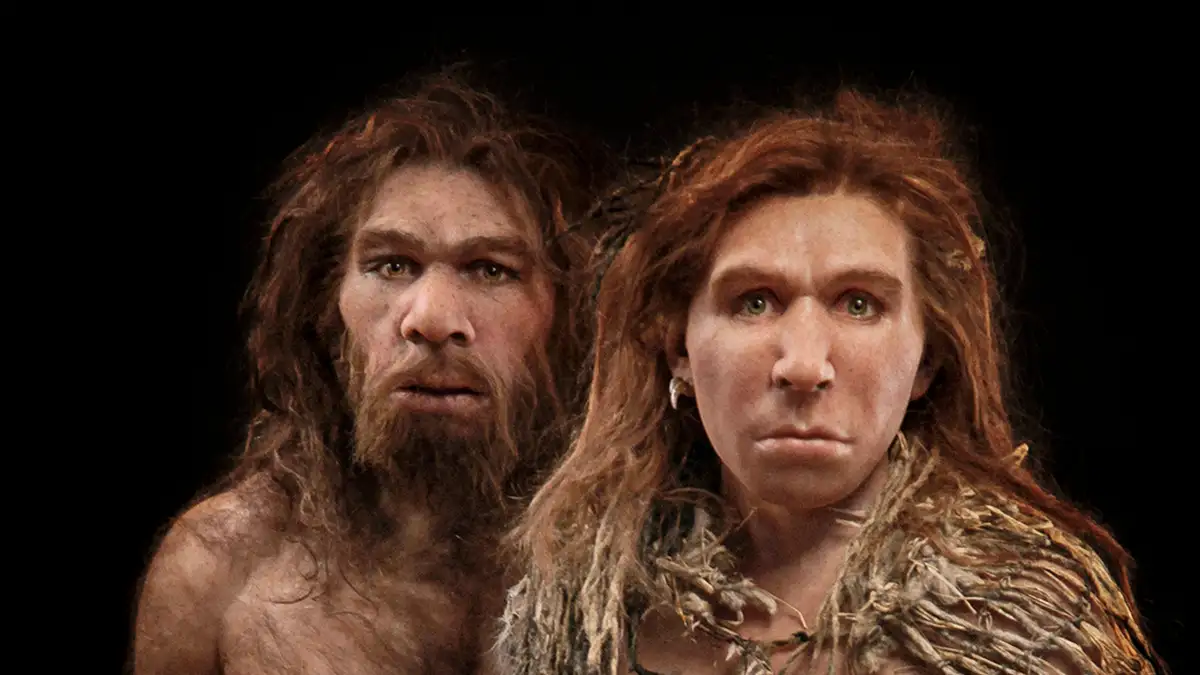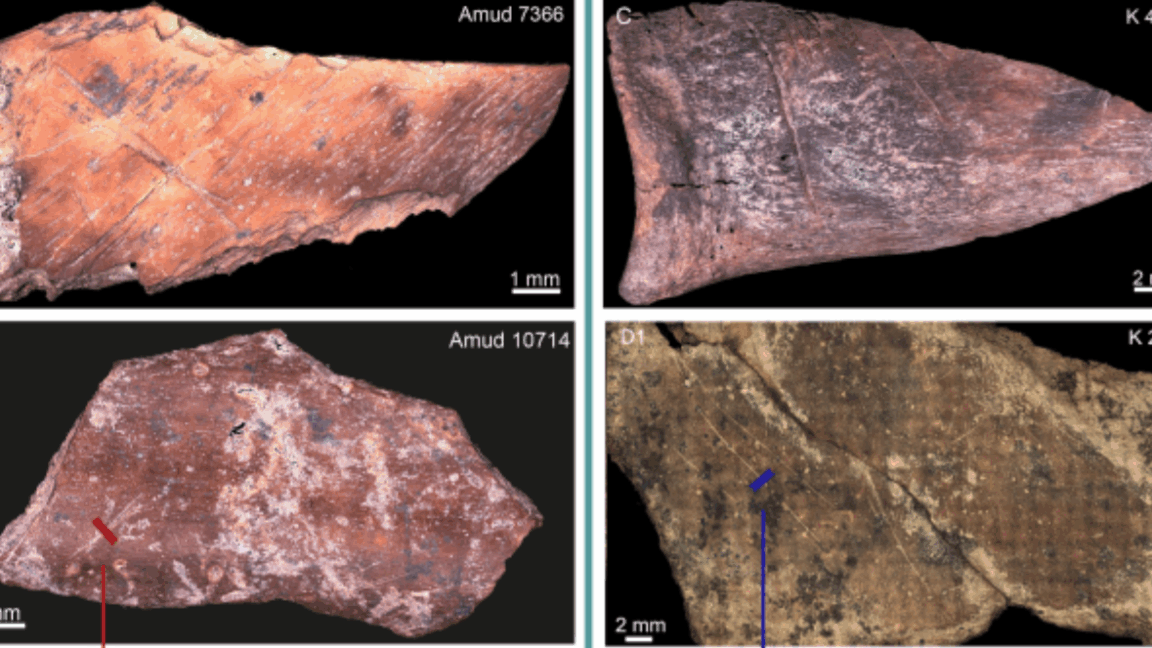T4K3.news
Research suggests maggots were part of Neanderthal diets
New findings indicate that Neanderthals may have consumed maggots along with meat.

New findings reveal that Neanderthals could have regularly included maggots in their diets.
Maggots might have been a dietary staple for Neanderthals
Recent research published in Science Advances suggests that maggots, the larvae of flies, may have played a significant role in the diets of prehistoric humans, including Neanderthals. Previously noted for their high consumption of meat, researchers like Melanie Beasley from Purdue University have discovered that this chemical composition in Neanderthal bones may be linked to their consumption of not only putrid meat but also maggots. This builds on earlier theories by anthropologist John Speth and provides new insights into the nutritional strategies of these ancient hunter-gatherers. The study compares nitrogen levels in contemporary decay processes with those found in ancient bones, revealing that the larvae contain much higher nitrogen levels than the surrounding rotting meat.
Key Takeaways
"Not a lot of people took notice, because it was like this is an out-there idea."
Beasley reflects on the challenges of presenting new dietary insights about Neanderthals.
"The surprise element is more to do with our Western perspective on what is edible and what is not."
Karen Hardy emphasizes the cultural aspects of food acceptance.
These findings challenge traditional views on what constitutes an acceptable food source and suggest a broader definition of prehistoric diets. Neanderthals, often depicted as purely carnivorous, may have had a more varied menu than previously thought. This research emphasizes the importance of adapting perceptions of food choices through a cultural lens, as contemporary views often dismiss what seems unappetizing. Furthermore, it raises intriguing questions about dietary practices across different cultures, both ancient and modern, emphasizing that taste preferences are often shaped by contextual factors and survival needs.
Highlights
- Maggots could have been a delicacy in prehistoric diets.
- Eaters of maggots challenge our perceptions of food.
- Neanderthals were more than meat-eaters in their diets.
- Exploring ancient meals reveals surprising truths.
Culinary practices could provoke backlash over food preferences
This research may encounter resistance due to cultural sensitivities surrounding what is considered edible, particularly in Western societies.
The implications of this study provide an unexpected perspective on our ancient ancestors' diets.
Enjoyed this? Let your friends know!
Related News

Neanderthals may have feasted on maggots

Neanderthal diet research reveals maggots as key food source

Neanderthal Footprints Discovered in Portugal

Research shows evolution shaped human smiles

Research links Neanderthal genes to brain condition

New findings reveal connections between humans and Neanderthals

New study links SNAP to slower cognitive decline in older adults

Neanderthal dietary differences revealed in new study
